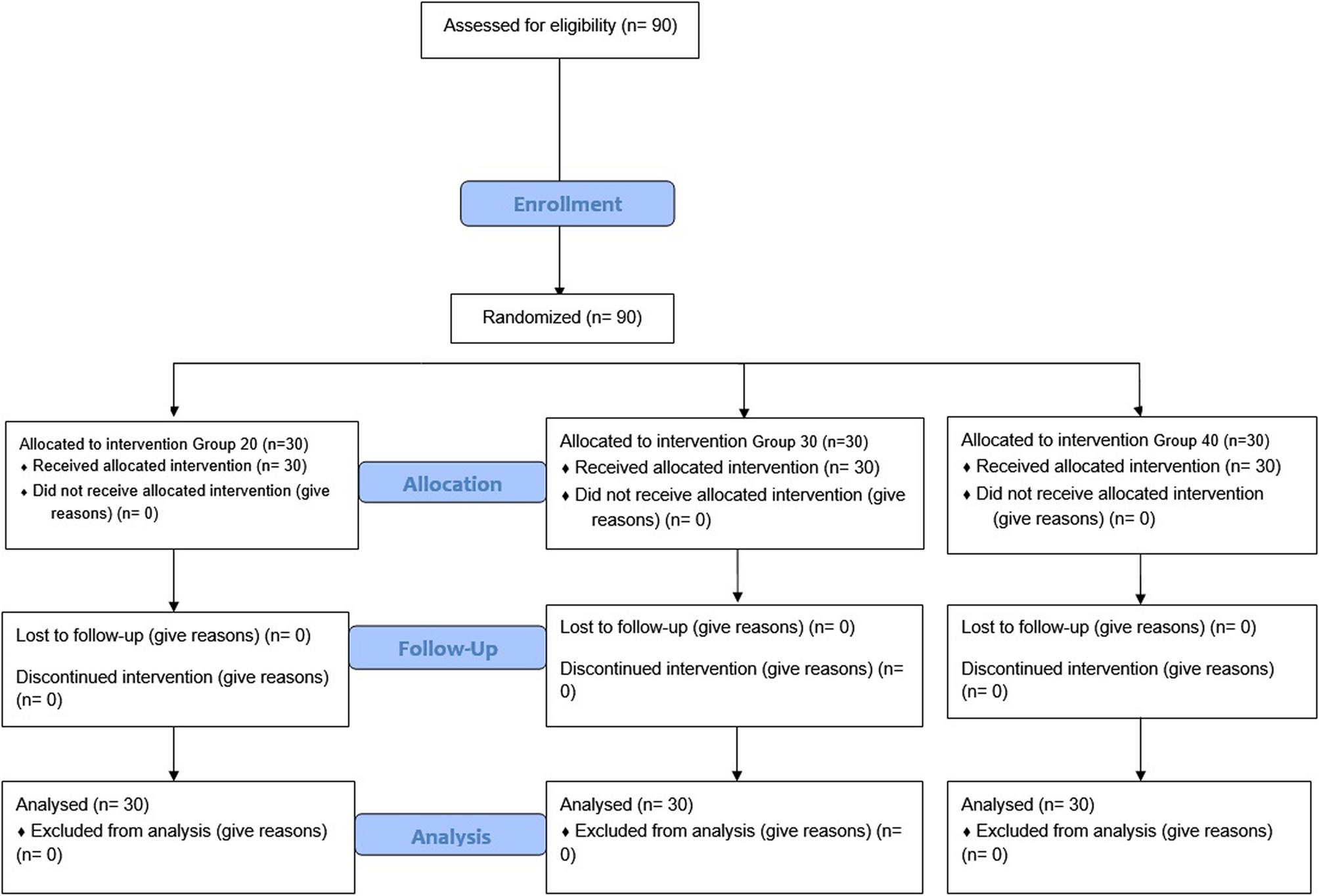Over the past decade and a half, Viet Nam has transformed the way it measures and understands work. From simple employment counts to a comprehensive, internationally comparable system, labour statistics in Viet Nam have become a cornerstone for evidence-based and gender responsive policymaking and sustainable development.
A decade of transformation and international alignment
The early 2010s marked a turning point for Viet Nam’s statistical system. Recognizing the growing complexity of the labour market in a rapidly developing economy, the National Statistics Office (NSO) embarked on a far-reaching modernization process.
The introduction of the Labour Force Survey on a quarterly basis in 2011 was a major milestone. For the first time, Viet Nam could monitor employment trends, unemployment, and labour underutilization in near real time. This shift from annual to quarterly data collection not only improved accuracy but also enhanced the government’s ability to respond to economic shifts and social challenges.
Viet Nam’s commitment to aligning its data with global standards quickly positioned it as a country with advanced labour statistics. The NSO worked closely with ASEAN partners, the ILO, and international experts to harmonize definitions, methodologies, and indicators. 2025 also marks the fifth year applying 19th International Conference of Labour Statisticians standards advancing Viet Nam’s labour statistics – a move that redefined how employment, work, and labour underutilization were measured worldwide. The adoption of internationally comparable labour market indicators allowed Viet Nam to contribute actively to global databases and to monitor progress toward the Sustainable Development Goals, particularly Goal 8 on decent work and economic growth.
This progress has made Viet Nam one of the few developing countries in Asia capable of producing timely, high-quality and gender responsive labour statistics that meet global comparability standards – an achievement widely recognized by international partners.
Data responding to quick changes in the labour market
The true value of a robust statistical system often becomes clear in times of uncertainty. When the pandemic struck in 2020, Viet Nam’s quarterly LFS and well-trained statistical network proved essential. Within months, the NSO was able to produce special reports capturing the pandemic’s impact on jobs, income, and informal employment – data that guided targeted government interventions and social support measures.
Among the most important advances – and clear examples of how labour statistics in Viet Nam have kept pace with a rapidly changing labour market – are the explicit measurement and reporting of informal employment and the pilot measurement of digital platform work. Recognizing that more people are doing work mediated by digital platforms – whether ride-hailing, delivery, freelancing, or online provision of services – Viet Nam has begun exploring how to capture this in its labour statistics. This pilot work positions Viet Nam as one of the first countries in Asia to take early steps in capturing the platform economy in official labour data.
This proactive approach shows that Viet Nam’s statistical system is not only robust, but also responsive and forward-looking, ensuring that data remain relevant and timely in reflecting the evolving world of work.
Digital transformation and innovation
In recent years, Viet Nam has continued to push forward with digital transformation in data collection and analysis. The NSO has introduced computer-assisted personal interviewing (CAPI), expanded the use of administrative data, connecting with other databases. The NSO also starts to introduce artificial intelligence to some stages of data management. Noticeably, artificial intelligence has been applied to data cleaning and automatic classification of data. These innovations improve not only the quality of data but also the efficiency of the whole statistical system responding timely to the rise of the digital age.
Looking ahead
As Viet Nam moves toward a digital and knowledge-driven economy, the demand for high-quality, timely, and disaggregated labour data will continue to grow. The NSO’s ongoing efforts to modernize surveys, apply artificial intelligence in data processing, and enhance data integration are laying the groundwork for the next generation of labour statistics.
The success of Viet Nam’s labour statistics rests on strong partnerships with national and international organizations. Together, these partners have worked to strengthen the technical capacity of national statisticians, improve data dissemination, and promote the use of statistics for informed decision-making. Viet Nam has also become an active contributor to regional and global discussions on labour measurement, sharing experiences that inspire neighbouring countries.
On this World Statistics Day, Viet Nam’s achievements remind us that statistics are not just numbers – they are a foundation for understanding people’s lives, shaping fairer policies, and building a more inclusive future. As the world marks this day under the global theme of Driving Change with Quality Statistics and Data for Everyone, Viet Nam’s progress in labour statistics stands as a vivid example of that vision in action – ensuring that every number tells a story, and every story helps build a stronger nation.











